For the past four days, agents from the Directorate of Special Operations (DOP for its acronym in Spanish) of the National Police have occupied the building that houses the newsroom of Nicaraguan news outlet Confidencial, reporting program Esta Semana and interview show Esta Noche.
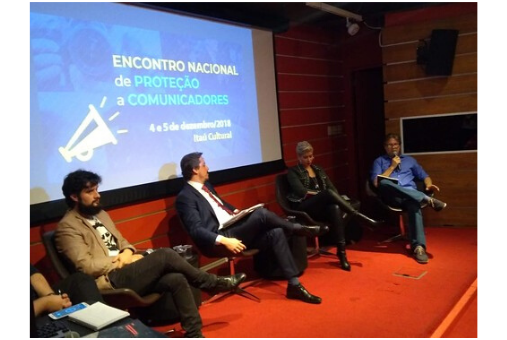
A meeting held in São Paulo in early December brought together communicators, press freedom groups and State representatives to discuss the threats facing the press, the measures the State is taking to fight impunity in violence against media professionals and next steps for launching a protection network for communicators.

For Brazilian journalists, the ability to keep their identity secret when requesting public data through the Law of Access to Information (LAI) has become easier recently.

Brazilian President-elect Jair Bolsonaro reiterated on Oct. 29 that he intends to withdraw advertising contracted by the federal government from newspaper Folha de S. Paulo and media that, according to him, are "lying shamelessly.”
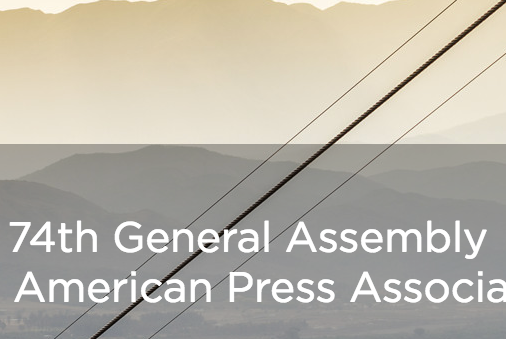
The General Assembly of the Inter-American Press Association (IAPA) and its board of directors approved the Declaration of Salta on the principles of freedom of expression in the digital era on Oct. 22 in Argentina. The declaration aims to guarantee that human rights are respected in the digital space.
![President of the Constitutional Court of Peru, Ernesto Blume (Photo: Juan Manuel Herrera/OEA via Flickr]](https://latamjournalismreview.org/wp-content/uploads/2020/06/President-of-the-Constitutional-Court-of-Peru-Ernesto-Blume-e1591573839860.jpg)
With six votes in favor and one against, the Peruvian Constitutional Court annulled the law that prohibited the State from contracting state advertising with private media after declaring it unconstitutional, newspaper El Comercio reported. The law was approved by congress last June.
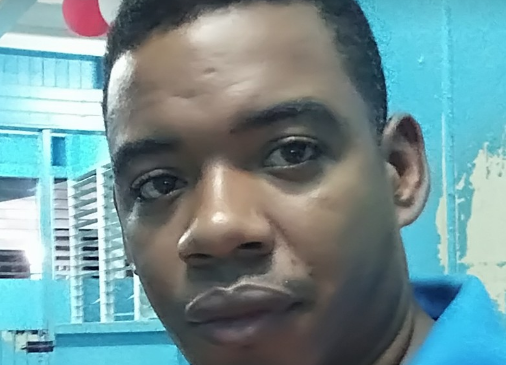
After an almost four-hour hearing, a judge in the state of Texas, U.S., granted asylum to Cuban journalist Serafín Morán Santiago, who had been detained since last April, according to the freedom of the press organization Fundamedios USA.

Chilean journalist Javier Rebolledo Escobar was acquitted of the crime of defamation (injurias graves con publicidad) after being accused by a former Army official sentenced for crimes against humanity committed during the dictatorship of Augusto Pinochet (1973-1990), news agency EFE reported.
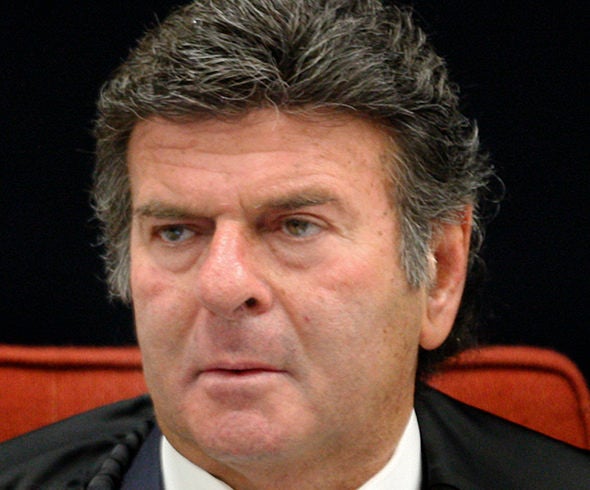
The Brazilian Association of Investigative Journalism (Abraji) and the National Federation of Journalists (Fenaj) have classified as censorship and a restriction on journalism the decisions of Federal Supreme Court Ministers Luiz Fux and Dias Toffoli, which prohibit former president Luiz Inacio Lula da Silva from granting a press interview from prison.
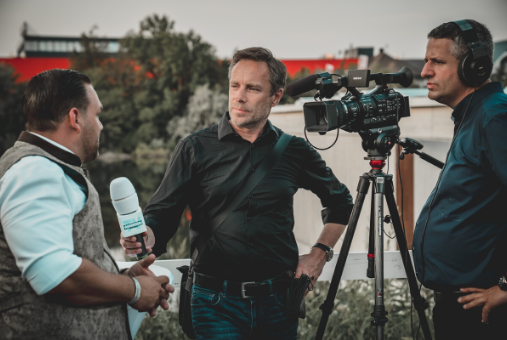
Arbitrary detentions and the cancellation and withholding of passports belonging to two high-profile Venezuelan journalists helped to mark September as another month in a long period of aggressions against the press in the country.

A journalist in Ceará in northeastern Brazil was shot in the leg and told to stop talking nonsense on the radio.
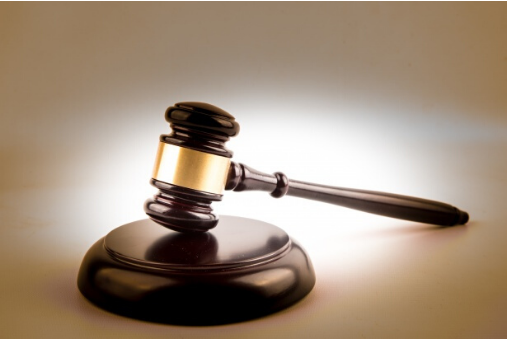
After learning that a Colombian prosecutor had lodged a tutela – the country's judicial recourse to restore fundamental rights – against journalist María Jimena Duzán due to an opinion column, scandal broke out in the country as colleagues and press freedom organizations expressed their rejection of the use of this mechanism.